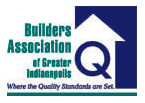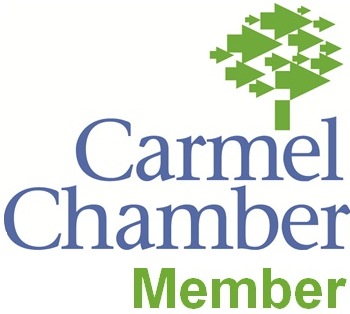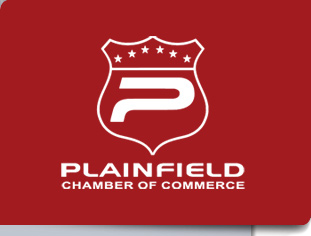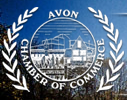FAQ
Frequently Asked Questions
What is a Home Owner Association (HOA) or Condominium Owner association (COA)?
HOA and COA’s are not for profit corporations that are set up by the Declarant, who is usually the Developer of the community.
They are issued a Federal Identification Number by the IRS and the State of Indiana and are required, like any corporation, to file tax returns each year and Business Personal Property tax returns if they have appropriate assets, such as a swimming pool, clubhouse, etc. They are corporations that are managed by a Board of Directors who are responsible for the business and management of the duties of the Association. Most communities and condominiums hire professionals to assist them with these duties, usually a management firm, accountant and attorney.
There are legal documents for HOA’s and COA’s that are necessary for the operations of the Association. These include the By Laws of the Association and the Declaration of Covenants and Restrictions for the Association. These may include, or may make reference to, a set of Design Guidelines or a set of Rules and Regulations for the Association.
The legal documents also outline the Assessment and the frequency of the Assessments. These Assessments are sometimes called “Dues” but are mandatory for any owner who lives in the community as they automatically become members of the Association. In addition, there are Plat Covenants that regulate the lots and common areas (all of the land) and determine the set back requirements for improvements, such as a home or townhome, drainage easements, utility easements, etc.
It is important that before a potential buyer purchases a home or condominium that they review these documents:
Declaration of Covenants and Restrictions’
By Laws of the Association
Rules and Regulations (if applicable)
Design Guidelines (if applicable)
Plat Covenants
What are “Reserve Funds”? Why should part of my Association Assessments or Dues go towards this Fund?
Reserve funds are very important to the long term viability of the Association and are required for COA’s in the state of Indiana. While there is not a formula to determine how much of the Assessment Amount should be allocated to the Reserve, the Association must make a plan to determine what elements will be replaced by the Reserve Funds and what time frame these replacements or repairs will be made.
This plan, called a Replacement Reserve Study, outlines the amounts needed and when so that the Association can allocate an amount to come out of the Assessment to be directed to Reserve Fund. A separate budget is required for these expenditures. Due to the “not for profit” nature of the Associations, it is very important that Reserve Funds for Capital Expenditures not be used for operating expenses. It is very important that when it is time for street lights, swimming pools, signs, irrigation systems, etc. in a single family style community be replaced that the funds be available to do this without assessing the homeowners for such repairs or replacements as a “Special Assessment”.
For Condominiums, it is imperative as most condominiums cover the siding, roofing, gutters, doors, elevators, decks and other very expensive elements that would be very expensive if the Reserve Fund is not properly monitored and funded each year. Mortgage companies typically review the operating and capital budgets to determine if an Association is financially healthy. They may deny financing to a potential buyer if determined that the Association has not properly planned for capital and operating expenses.










